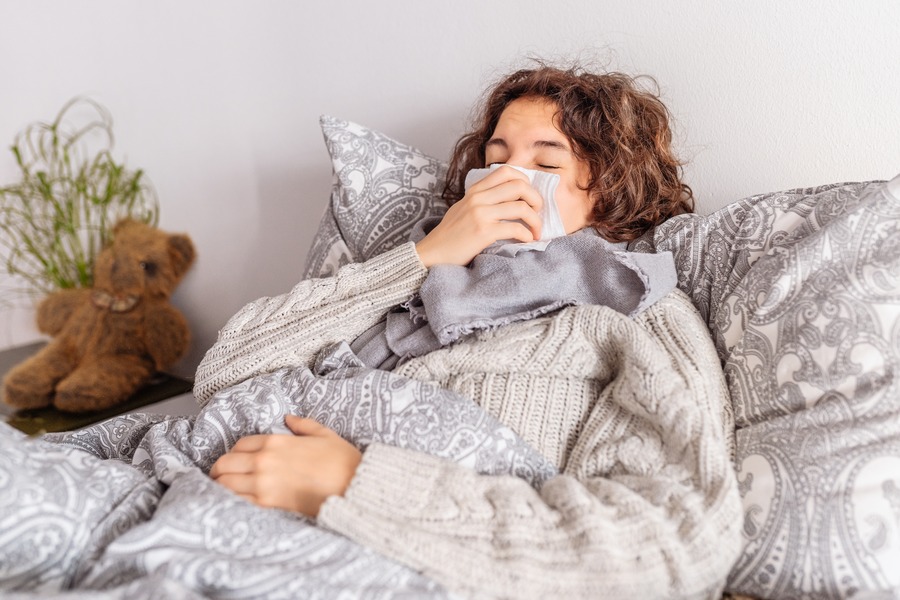Whether constantly sneezing, suddenly wanting to scratch the itch out of your body, or getting watery eyes, having an allergic reaction is a troublesome case. After all, you’ll have to avoid certain things and keep your body as comfortable as possible. So, what’s the outstanding way to deal with an allergic reaction?
Luckily, this article has covered everything, from the definition of allergic reactions to simple allergy relief treatments. This way, you’ll understand everything you need to know and do it the next time you get an allergic reaction.
What Is an Allergic Reaction?
An allergic reaction pertains to the immune system’s response to a foreign substance known as an allergen. When the body comes upon an allergen, it produces immunoglobulin E (IgE) antibodies. These antibodies then attach to mast cells located in body tissues such as the lungs, nose, and eyes.
The IgE antibodies are what the allergen attaches to when it is met again. As a result, histamine and other substances are released into the circulation by the mast cells. These chemicals can provoke various symptoms, such as a runny nose, sneezing, and itchy eyes.
Why do Allergic Reactions happen?
There are various reasons you get random allergic reactions, such as:
- Contact dermatitis, which is a skin reaction caused by contact with an allergen
- Food allergies, which are caused by an immune system response to a food allergen
- Hay fever, which is an allergic reaction to pollen
- Asthma, which is a respiratory condition that is often triggered by allergens
- Animal dander, especially from people who own cats and dogs
- Certain medications, such as penicillin, help you calm down
Always remember that your immune system’s job is to protect you from disease and fight infection. If it has complications with other substances in your body that it doesn’t recognize as safe, you may experience an allergic reaction.
What to Do for an Allergic Reaction?
Of course, there are necessary allergy relief steps you must take immediately if you have a severe allergic reaction. But if you experience a milder reaction, there are some steps you can take to ease your symptoms.
Mild Allergic Reaction
- Take an antihistamine
- Drink plenty of fluids
- Stay in a cool, shady place
- Sip on ice water
- Apply a cold compress to your skin
Note: Check yourself if the symptoms worsen over time. If so, seek help immediately.
Severe Allergic Reaction
You should request immediate medical attention if you experience a severe allergic response. The signs of a severe allergic reaction include:
- Difficulty breathing
- Wheezing
- Tightness in your chest
- Rapid heartbeat
- Feeling faint or dizzy
- Nausea or vomiting
- Hives
- Swelling of your lips, tongue, or throat
Contact 911 or go to the nearest room if you have any of these symptoms. They can deteriorate over time and lead to various complications and anaphylaxis. Remember that anaphylaxis can lead to many potentially life-threatening complications, including shock, cardiac arrest, and respiratory failure.
These complications can occur very quickly, so it’s important to get emergency medical help right away if you think you’re experiencing anaphylaxis.
Final Thoughts
An allergic reaction is an immune reply to a normally harmless substance. There are many different allergic reactions, but they all have one thing in common: they result from the immune system overreacting to a foreign substance.
The best way to deal with an allergic reaction is to identify the substance causing the reaction and then avoid it. In addition, there are several allergy relief treatments for more severe allergic reactions, including antihistamines, epinephrine, and corticosteroids.
QEStrong provides reliable and high-quality allergy relief treatments for those who suffer from allergies. Our products are safe and easy to use, and they are effective at relieving the symptoms of allergic reactions. Get in touch with us today for more details!








